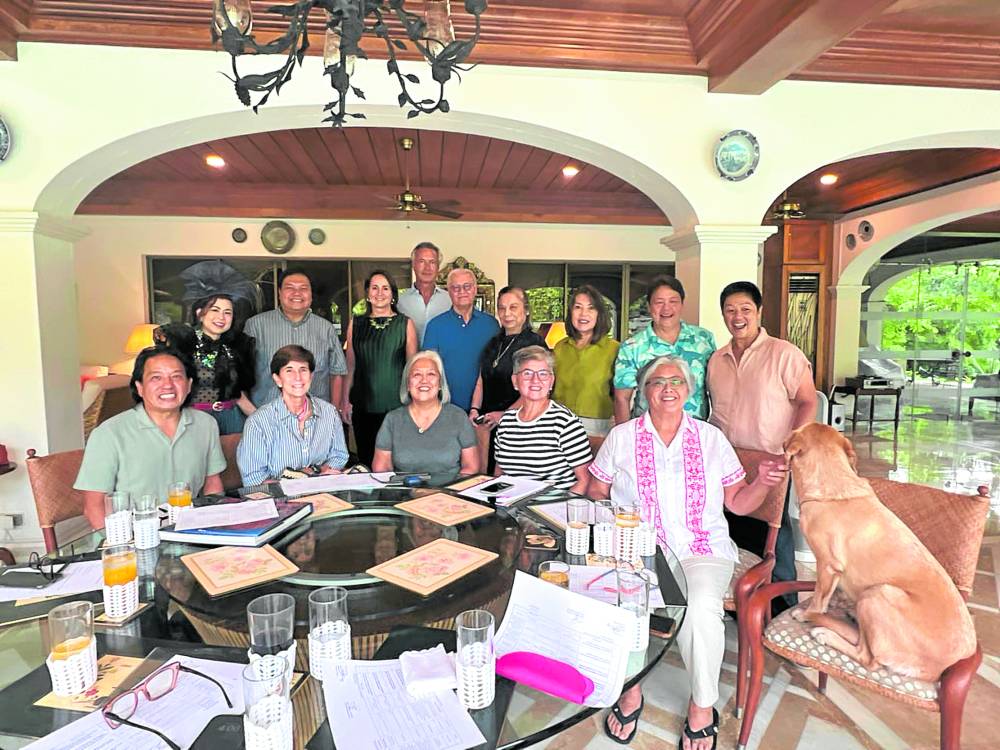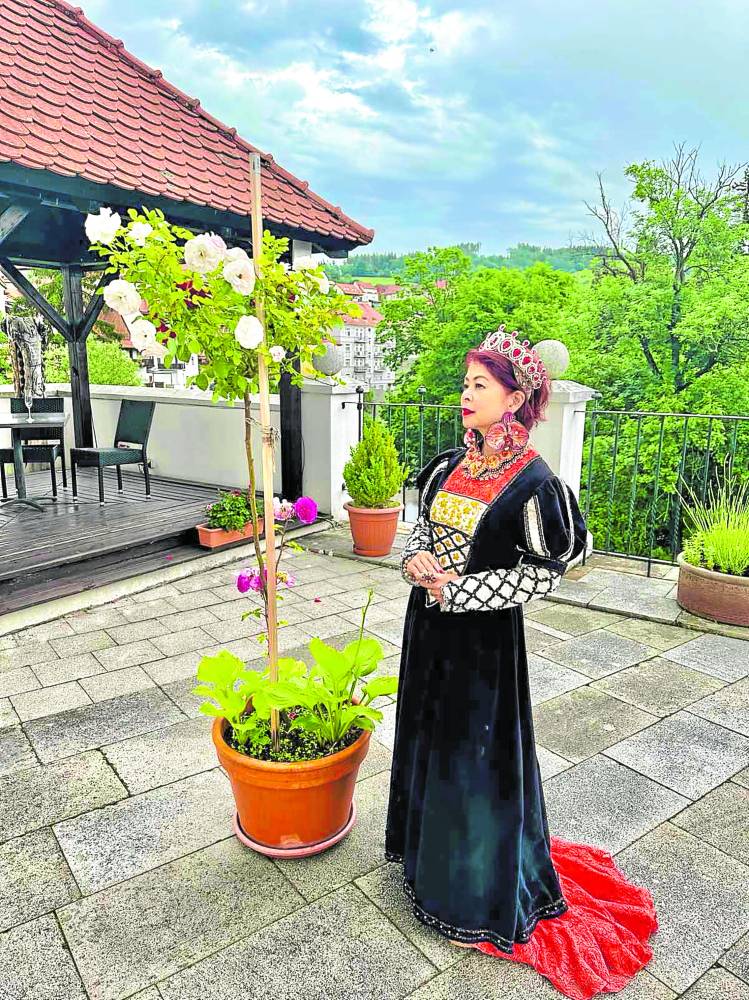Nov. 29—First Sunday of Advent
Readings: Isaiah 63:16-17, 19; Psalm 80, R. Lord, make us turn to you; let us see your face and we shall be saved.; 1 Corinthians 1:3-9; Gospel, Mark 13:33-37
The Season of Advent commences today. It’s a welcome season, more so this year as in previous years, given what we have gone through the past year.
There is a way that endings and beginnings, as we reflected on last Sunday, give us a fresh start and renewed hope. While we long for all this to end and are excited to begin anew, there is an interim moment—grace, if you wish—in between the beginning and the fruits of the new season.
It is the grace of waiting.
Inherent in beginnings are faith and hope: the faith that helps us overcome the fears caused by the stress and traumas of the past year, and the hope that makes us rise above the suffering and depression the various crises inflicted.
But for such faith and hope to bear fruit, there is waiting. Fr. James P. Donelan, SJ, put it ever so eloquently in quintessential Donelan fashion:
“Waiting requires more discipline, more self-control and emotional maturity, more unshakable faith in our cause, more unwavering hope in the future, more sustaining love in our hearts that all the greatest deeds of derring-do go by the name of action.”
The key in all this, I believe and offer for our reflection, is “hope in the future.”
A famous argument for the virtue of waiting is linked to the popular 1972 Stanford marshmallow experiment (and succeeding experiments) that concluded that kids who wait turned out more successful that those who didn’t.
The delayed gratification theory was debunked in a study conducted almost four decades later, which showed, putting it in somewhat simple terms, that the ability to wait was determined more by the socioeconomic context of a kid rather than an intrinsic quality in the child.
The latter study illustrated that for a poor kid, a marshmallow now rather than two later did not seem like a possibility, since there was the fear of “Will there be food on the table?” On the other hand, a more well-off kid has the notion that even if that one marshmallow disappears, there is something to eat in the pantry; there may even be an ice cream treat.
Kids can wait because there is something to hope for in the future.
Something to hope for
Can we posit that the ability to wait is not developed through discipline, mere self-control and emotional maturity? That these virtues come if there is something to hope for and hope in?
This is the gift of Advent. It gives us something and someone to hope for and hope in.
It makes us remember the gift of Christmas each year, remembering that Jesus came to be God-with-us, and because of this, salvation became available to us with absolute certainty if we embrace him and his path, his grace.
This brings the joy and merriment of the Christmas season; a remembering of Jesus coming as man gives us the sure and certain hope, joy and love of the Paschal Mystery.
Advent adds to this. It reminds us too of what lies ahead: the future of the second coming of Christ.
This is what we hope for and hope in. This is the hope that can be fostered if those who hope can believe in the possibility and the promise of this second coming. It can be fostered by something and someone to believe in.
Who are the people we believe in? They are the people we know who will be there for us. We put faith in the people who show they care for us, they love us—not by some flowery declaration of love, but by concrete action.
As we saw last Sunday, we do this by giving food to the hungry, drink to the thirsty, being there for those who are ill, in prison, lonely.
Thus people who experience hope, faith and love are capable of waiting.
The waiting of Advent invites us to action—to act in love that would express our hope in the future and our faith in our cause.
We were told by one of our theology professors that we can hasten the coming of the Kingdom, and thus the coming of Christ, by acting in love that expresses our hope in the future and our faith in our cause. —CONTRIBUTED













































